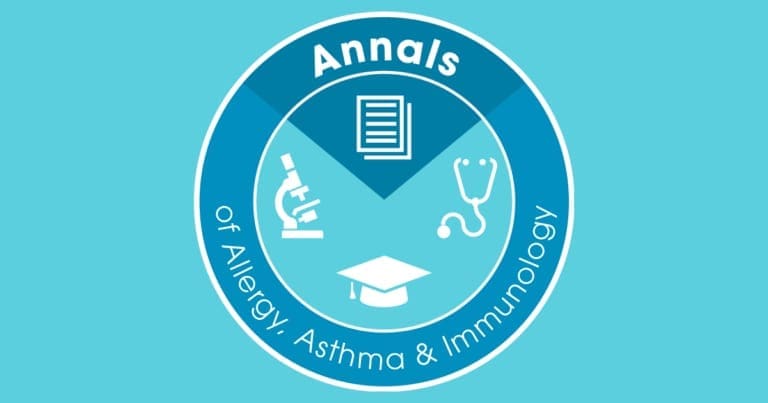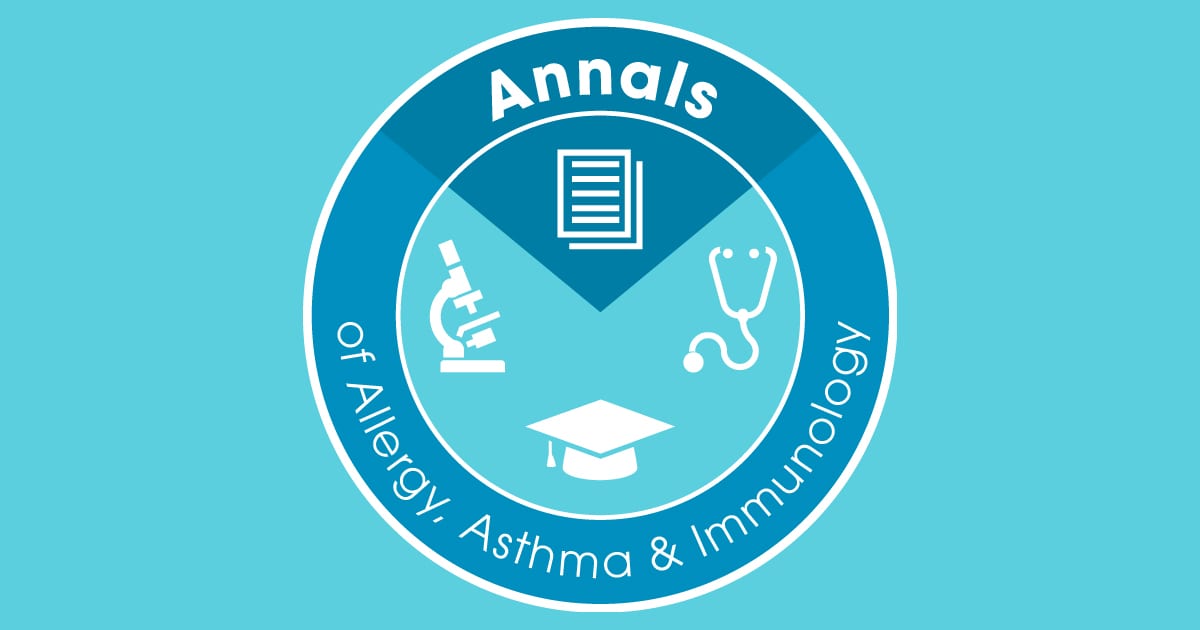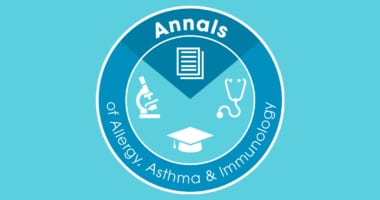The theme of this month’s Annals of Allergy, Asthma & Immunology is medical education. No matter how many years it has been since you graduated from your allergy fellowship, I encourage you to read the insightful reviews in the March issue. There are discussions of the new focus on competency and how medical learners are now being assessed. For those who educate learners, this issue will provide insightful information to improve your skillset and overall teaching. We also have a review that discusses the use of small molecule drugs, something that is quite timely given the recent FDA approval of JAK inhibitors for atopic dermatitis. This should be very helpful in your practice as these drugs become more ubiquitous.
Have you ever thought about the best diagnostic predictors for pediatric cashew nut allergy? Well, this month we have an original article that provides an answer. Another paper focused on food allergy discusses the considerable morbidity from sesame food allergy and the role that poor food allergy labeling plays in this situation.
Could laxatives in infants alter the development of allergies? An intriguing article in the March issue asks this question and provides answers. Another article this month argues for the use of autonomic testing to evaluate neurologic complaints of patients with mast cell disorders, as the authors found evidence of autonomic dysfunction in these patients.
We all are working to clarify and remove beta-lactam allergy labels, but does this really improve patient care? This month we have an original manuscript that details the effects of a history-based clinical guideline to evaluate beta-lactam allergies. The results are encouraging and are something that should spur us all to increase our vigilance with respect to removing these labels.
Our Letters section contains a diverse selection of short communications with impacts greater than their size. Vaccines and COVID are prominent, with discussions of emergency department visits from vaccine-related allergies, reactions to COVID vaccines, and the impact of COVID on inner-city asthma exacerbations. Other letters discuss treatment of upper airway disease, the role of an entomologist in venom immunotherapy (did you ever consider involving an entomologist in your practice?), and whether inhaler technique can be improved in children with guideline-based education.
Of course, this brief list is not inclusive of all of what is in your March Annals. Don’t forget, we have another Marginal Zone cartoon — always a hoot! Be sure to check out the issue online or in your mailbox — as a College member, it should be there soon! As with every issue of Annals, we strive to provide readable, enjoyable manuscripts that will have a major impact on your clinical practice — improving the care for all allergy/immunology patients. I hope you will find this month as exciting as I do! If you have any appropriate comments or insights you’d like to share, we are always willing to receive correspondence – just send me an email.
Mitchell Grayson, MD, FACAAI
Editor-in-Chief



